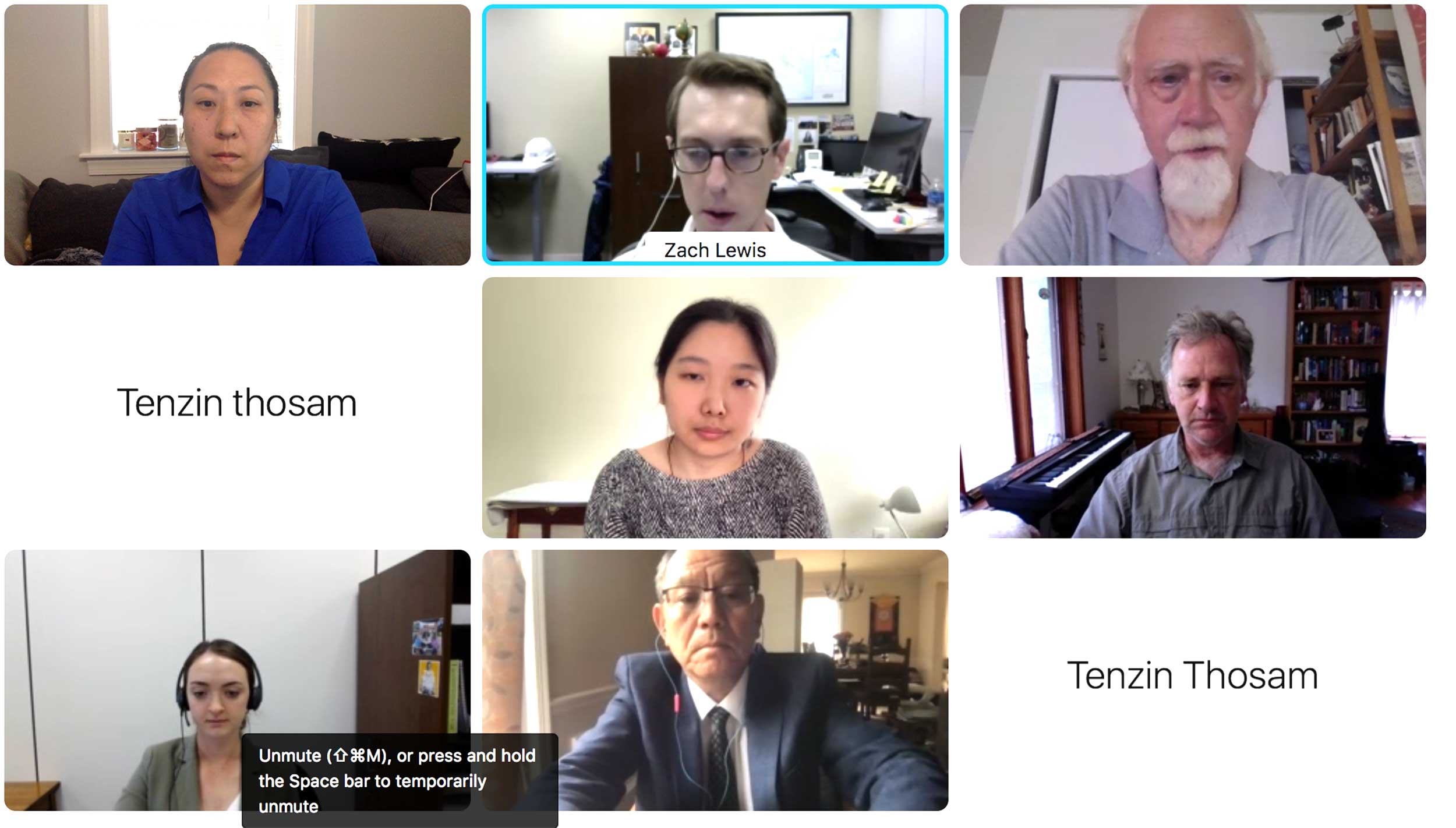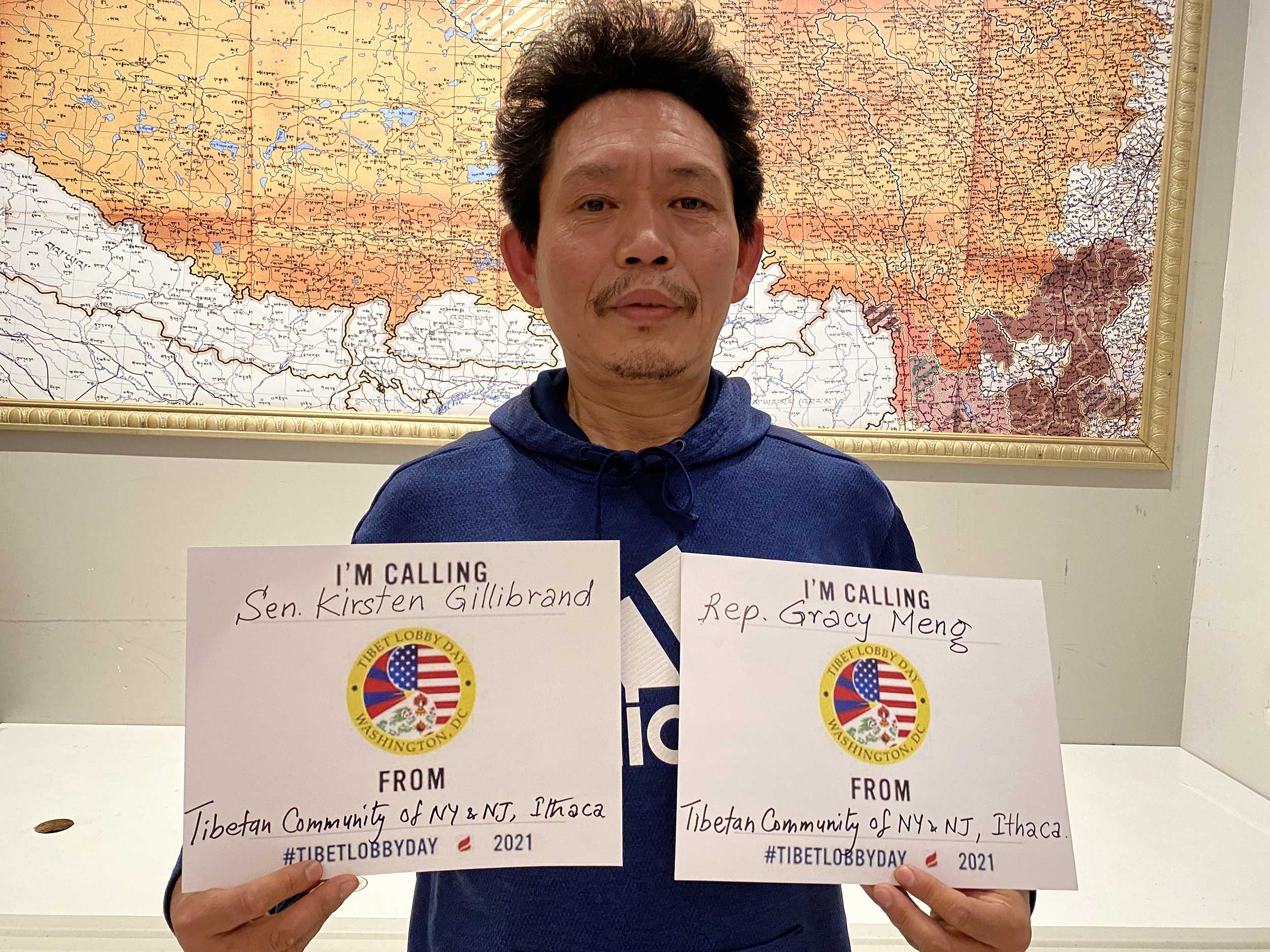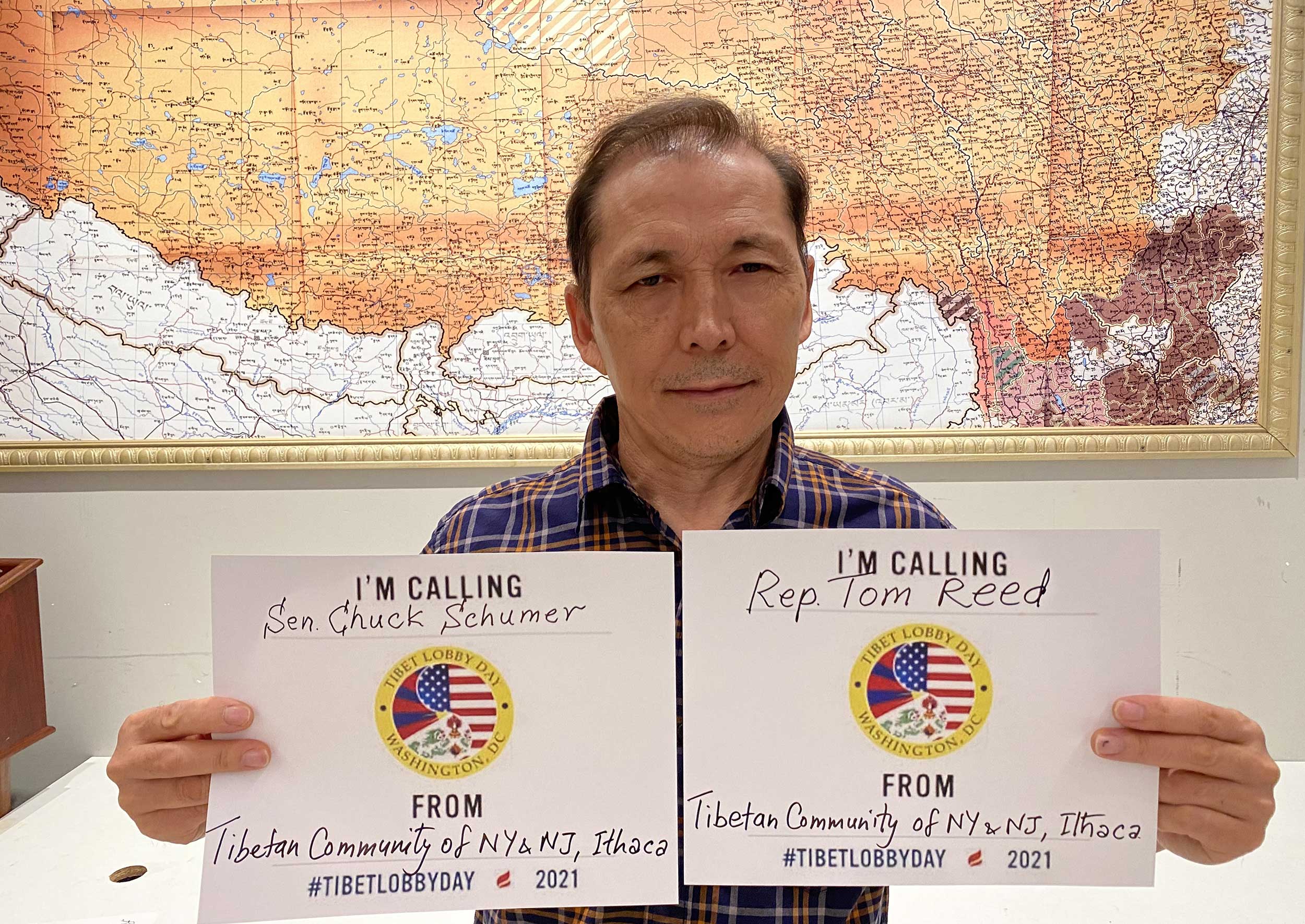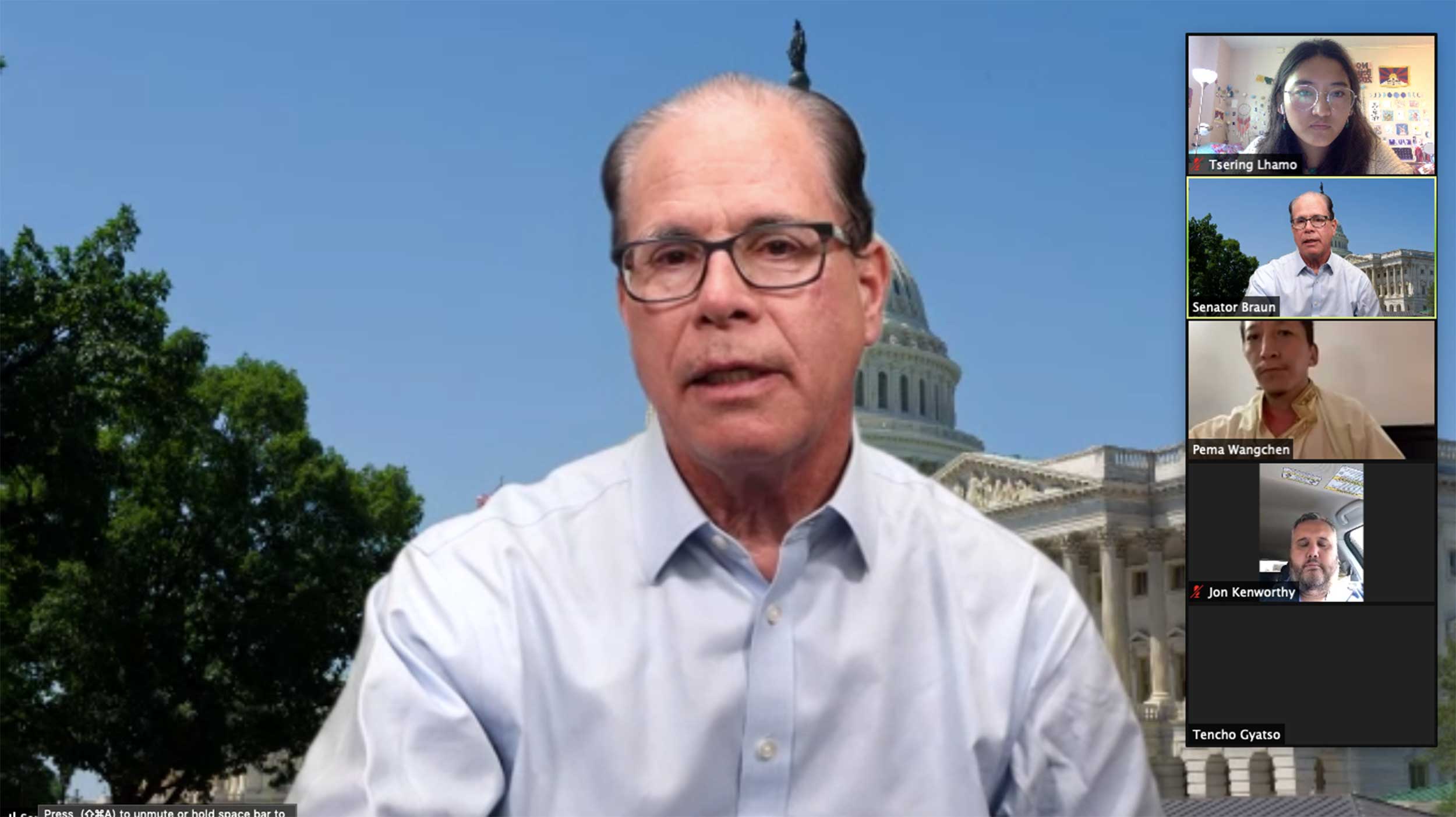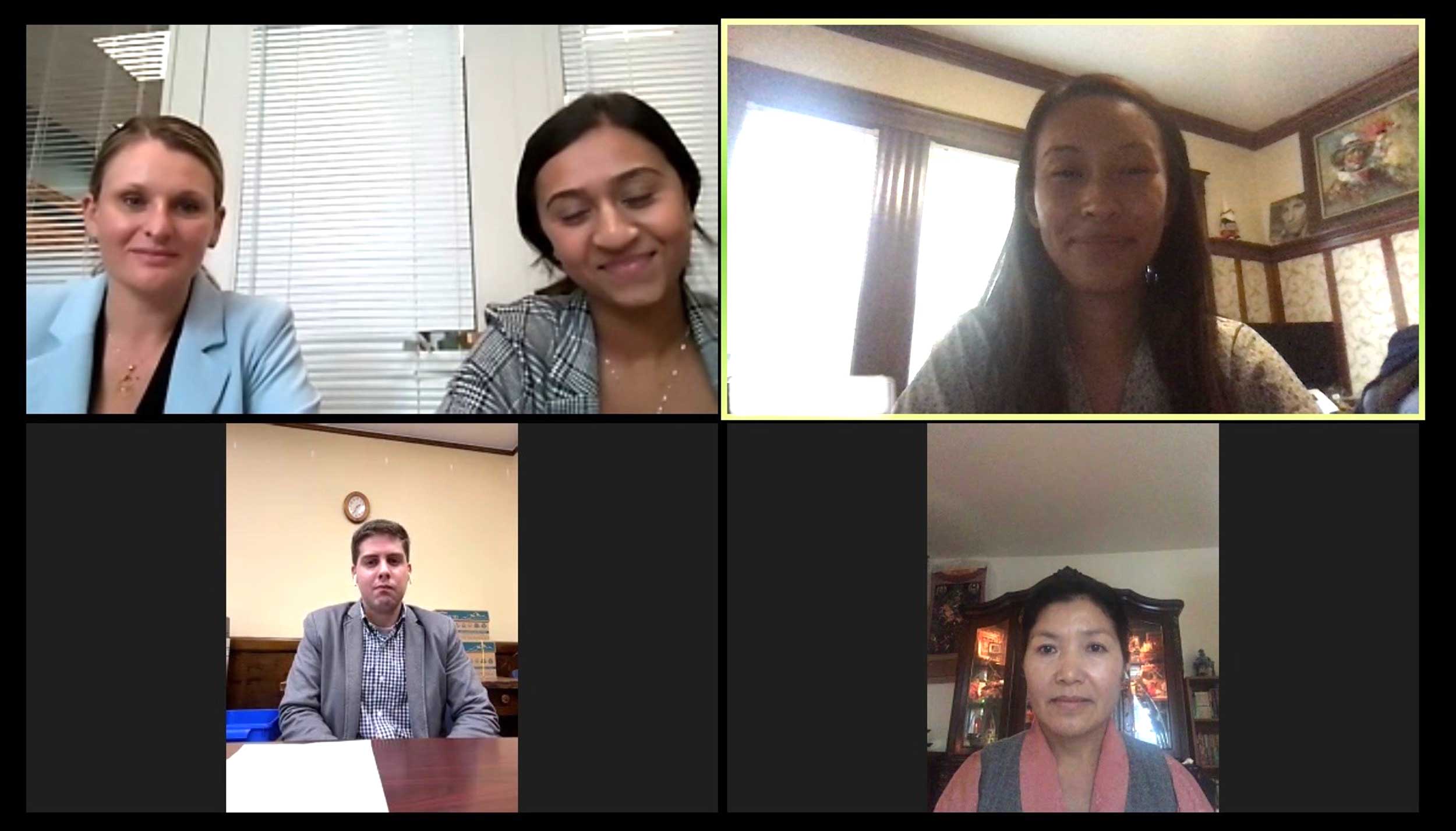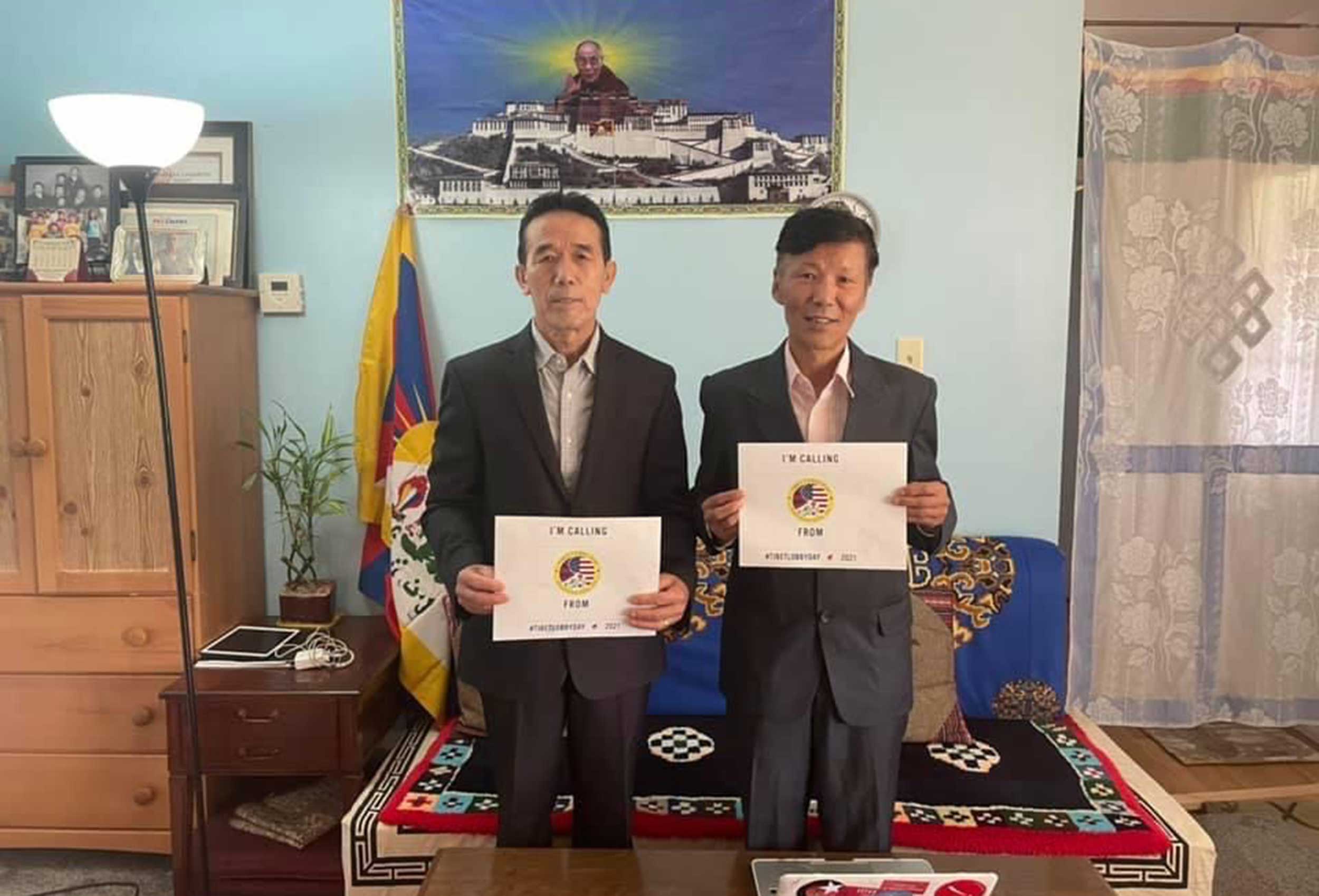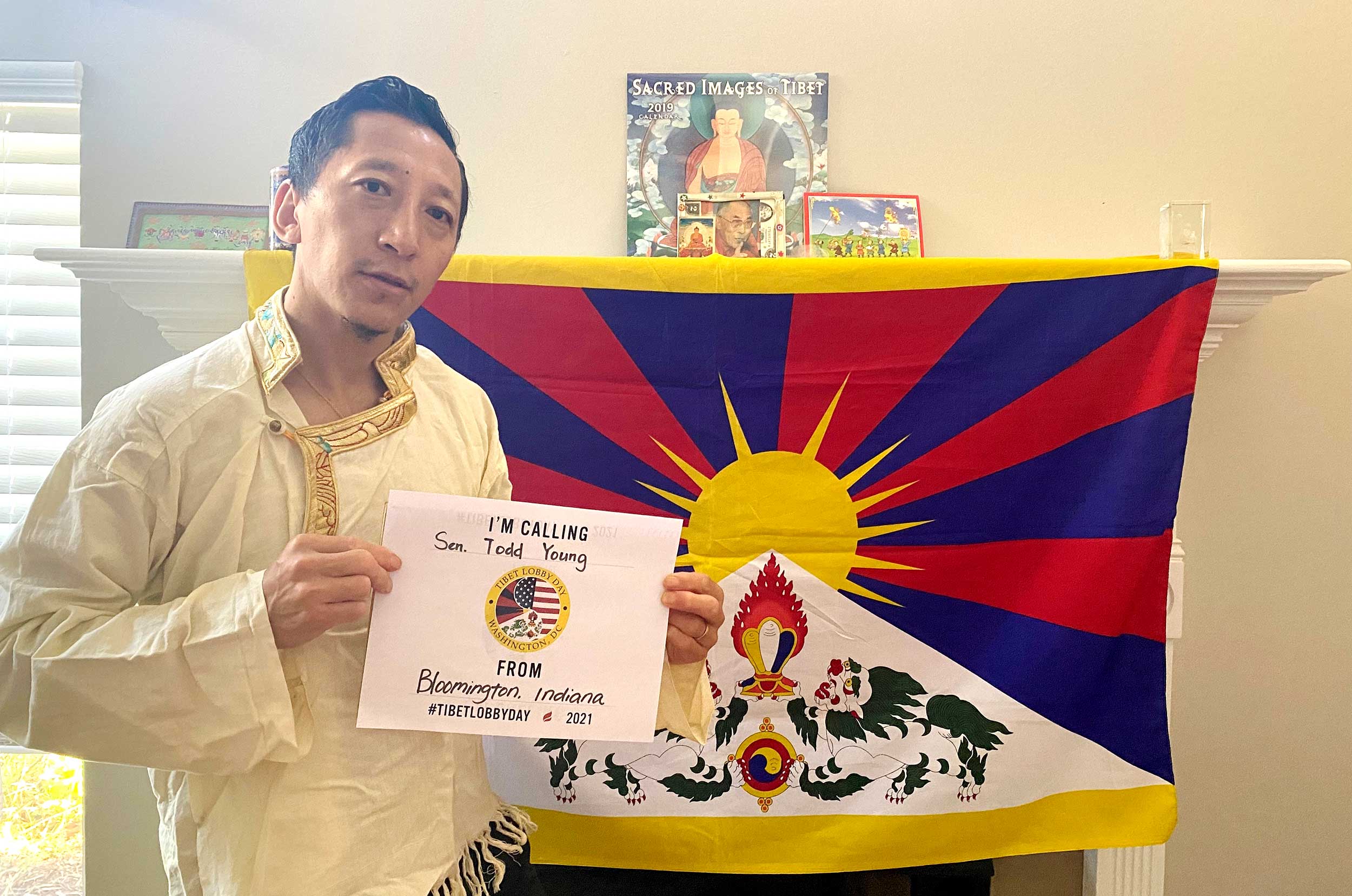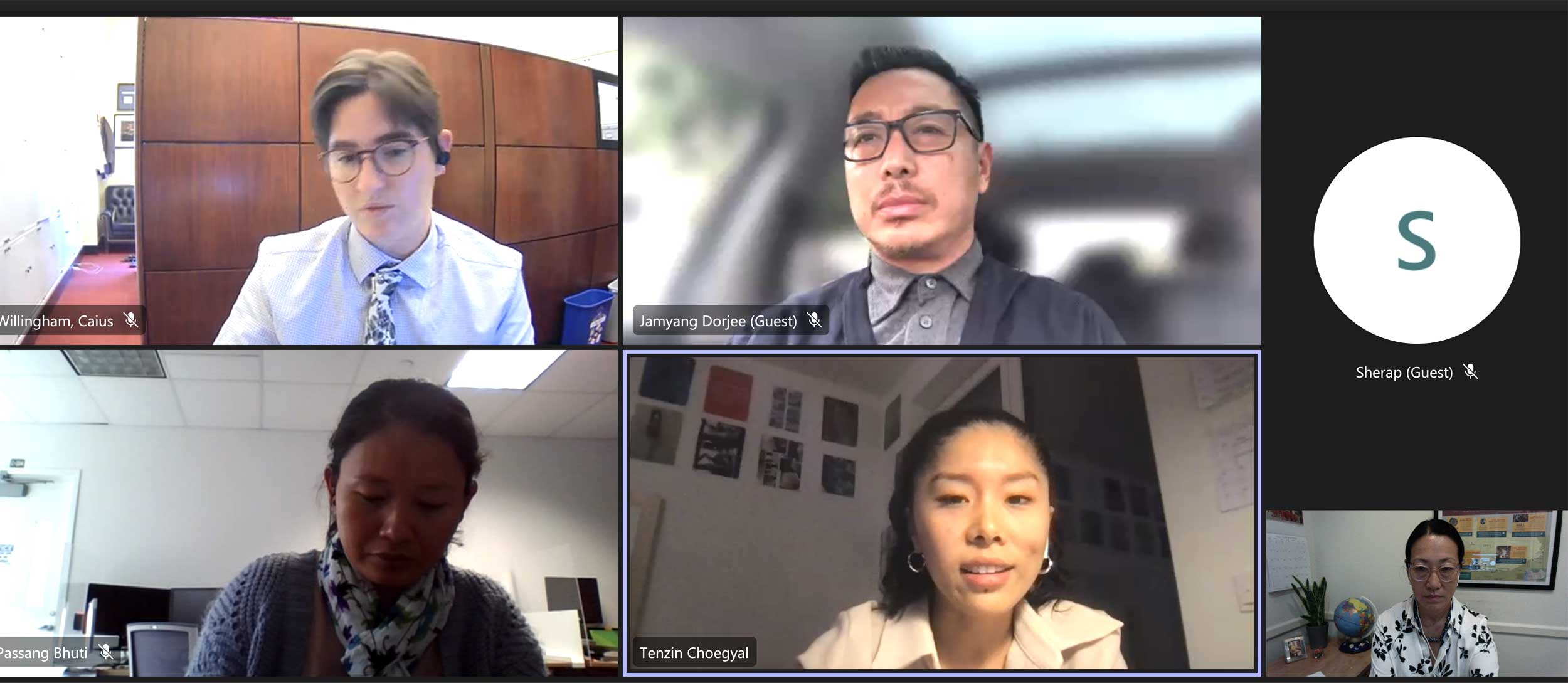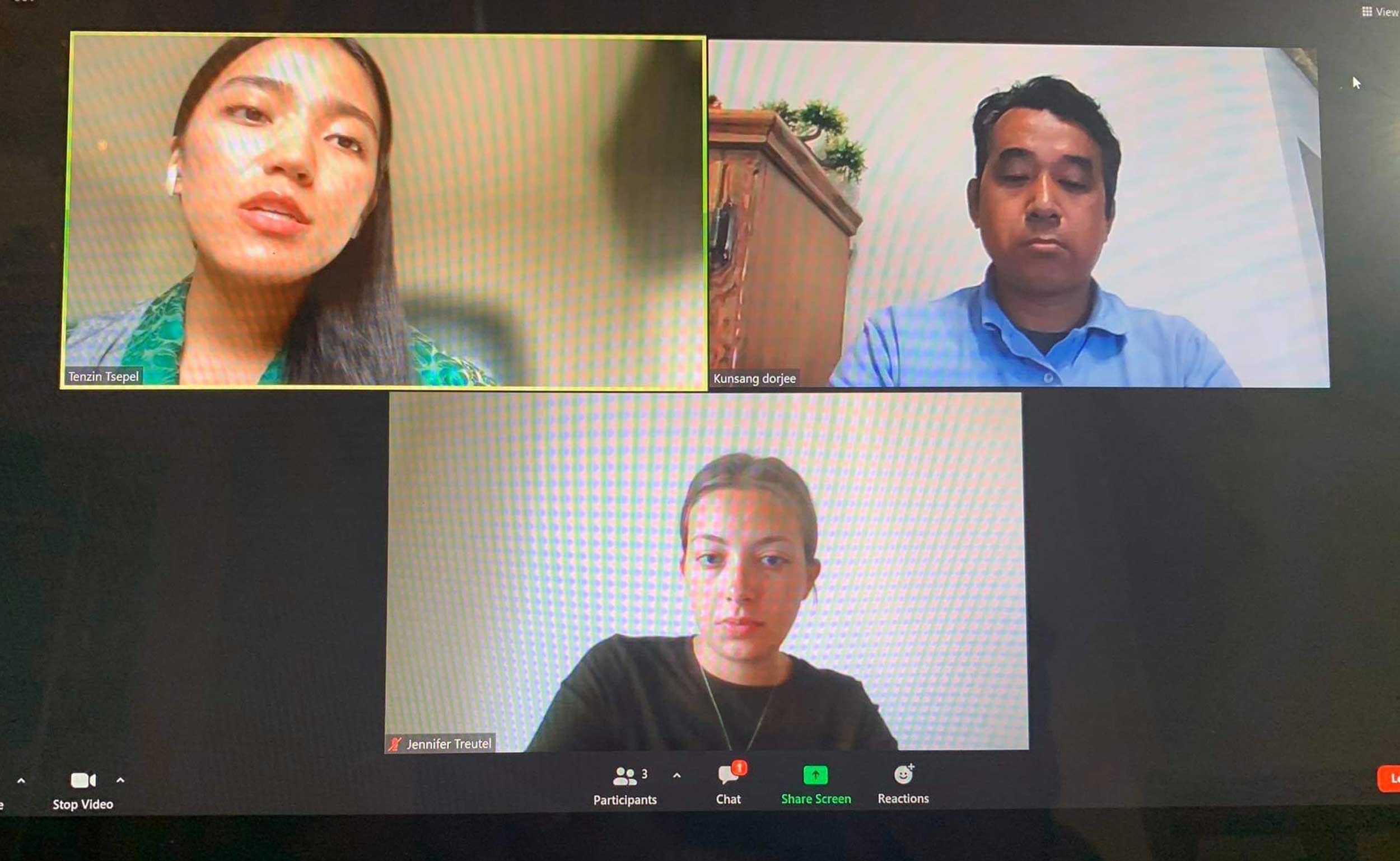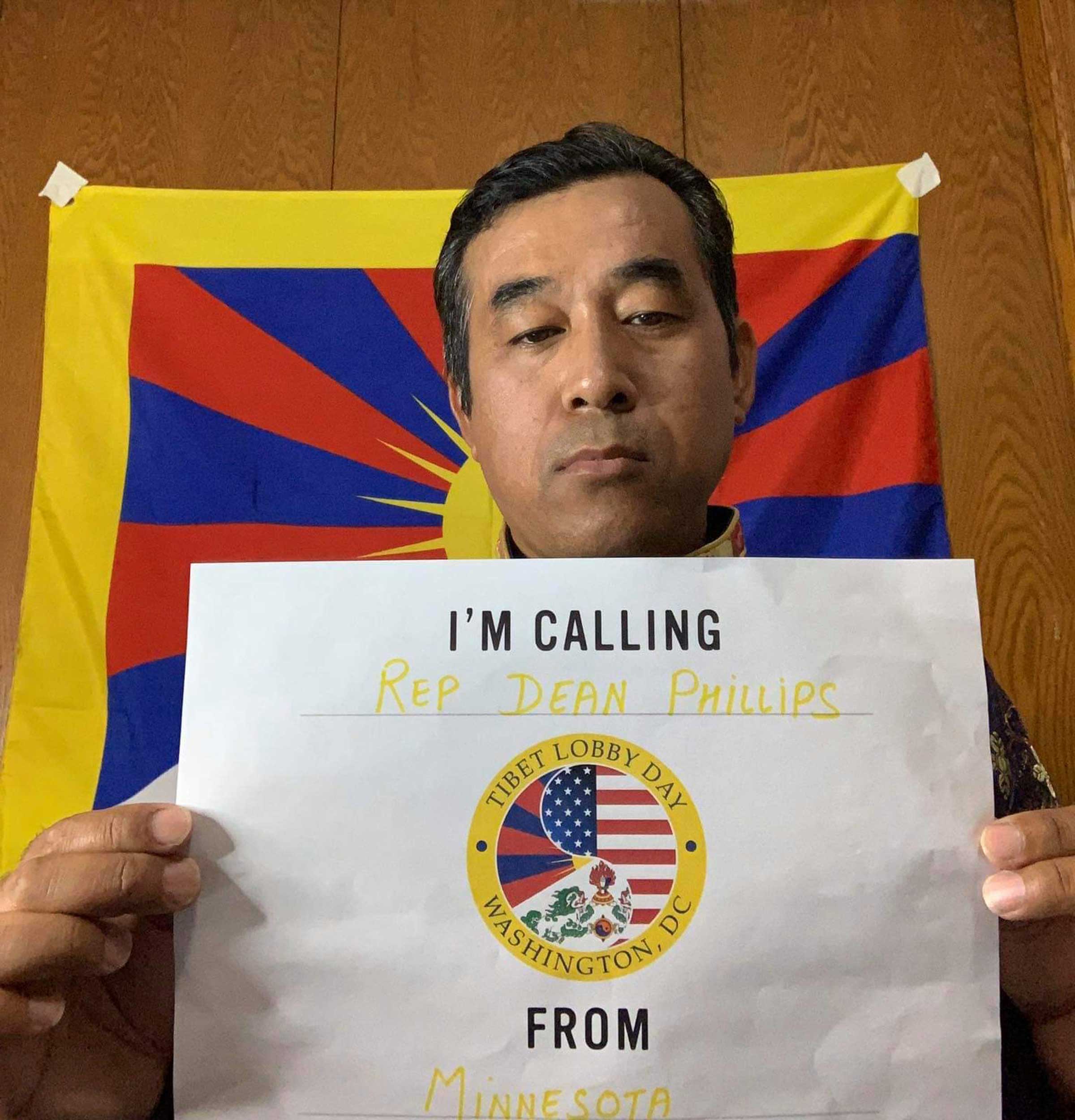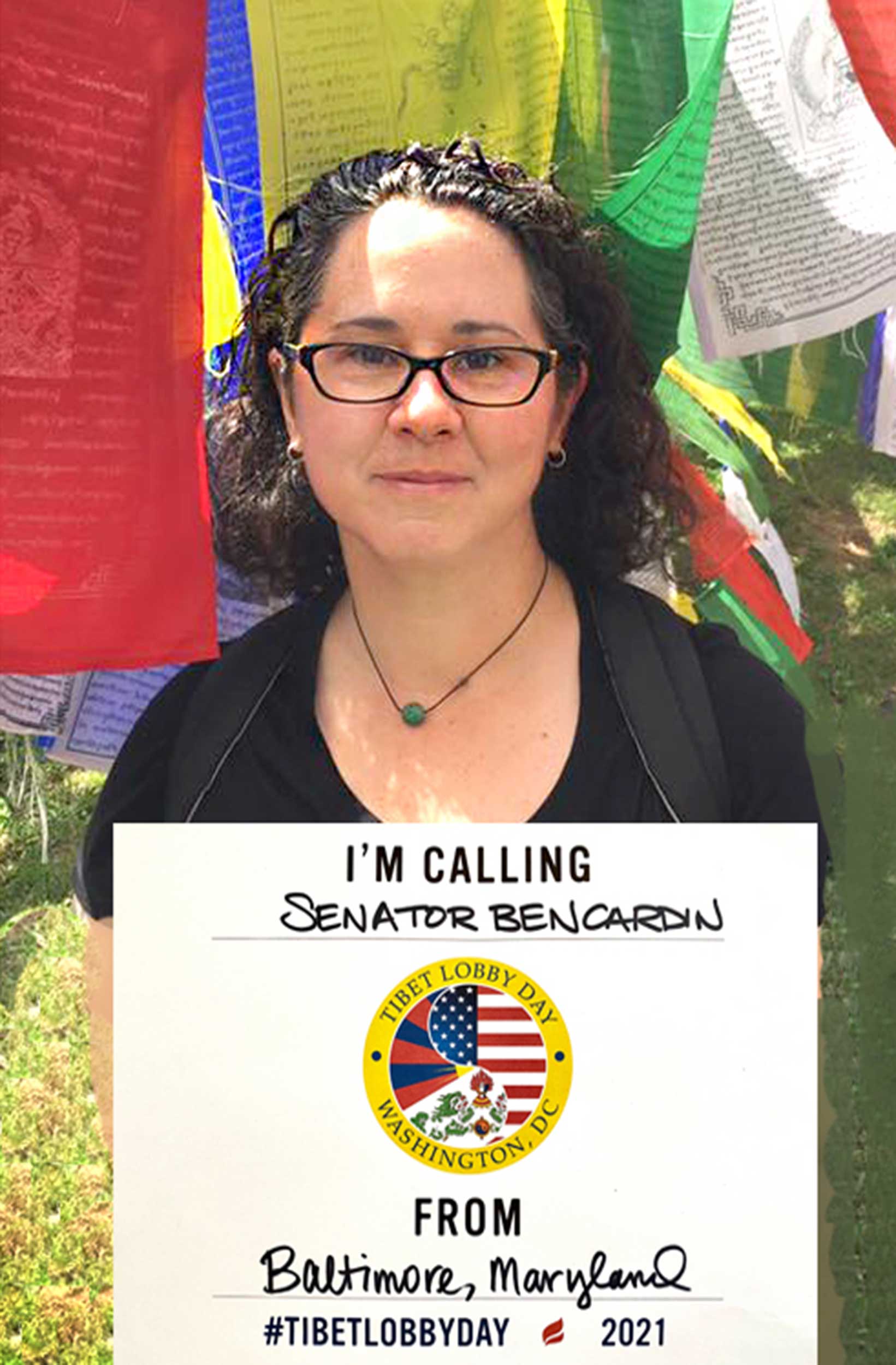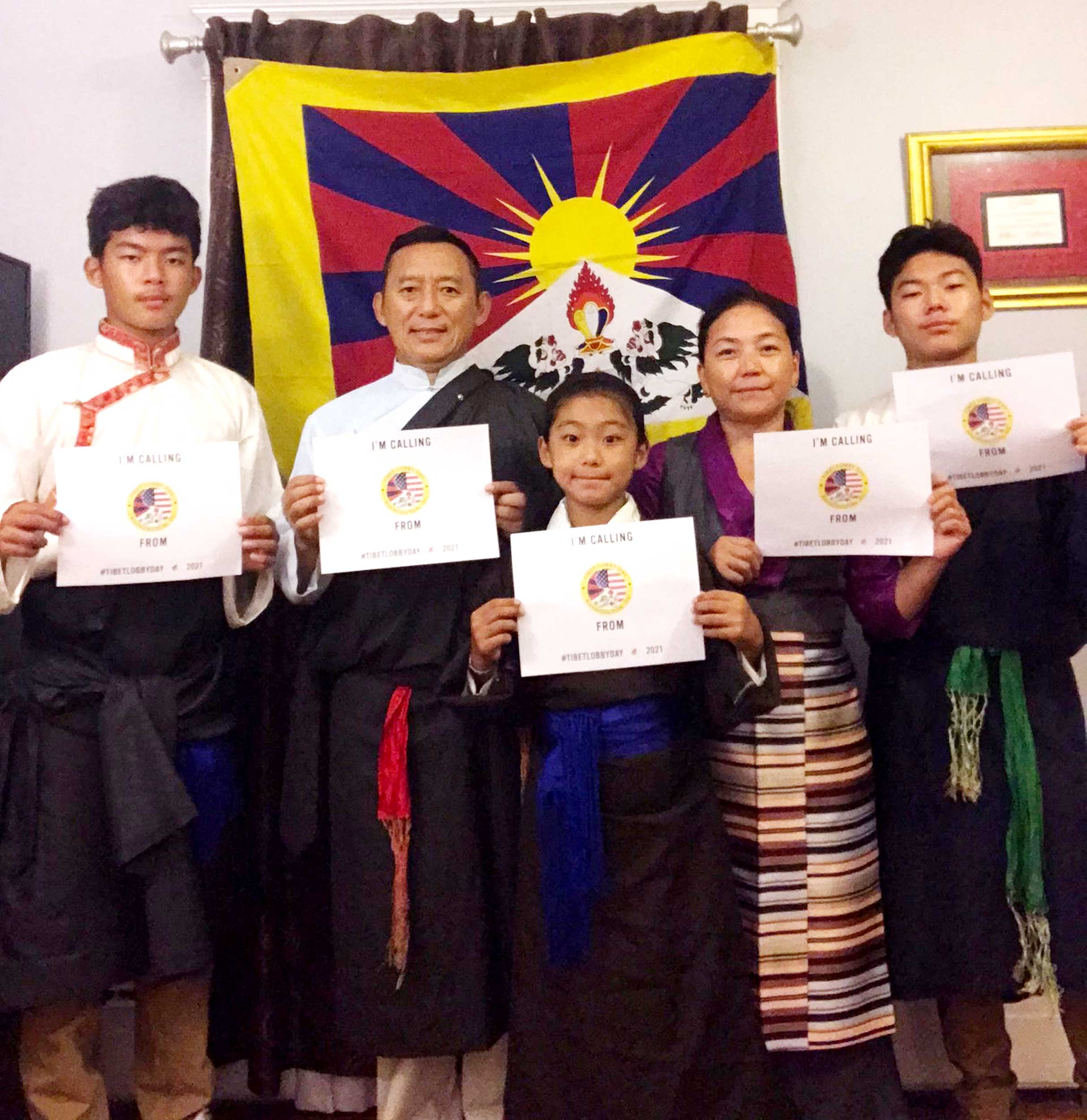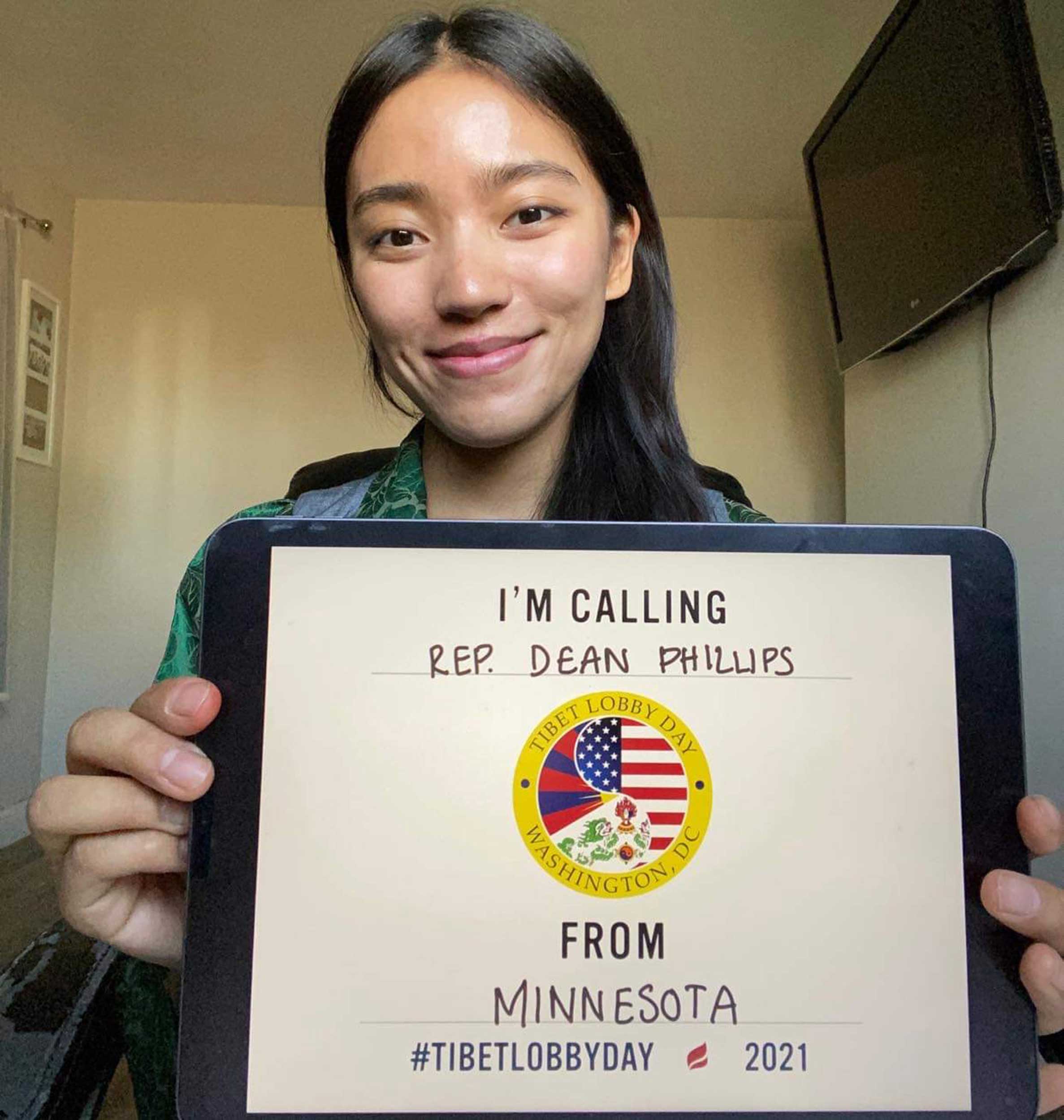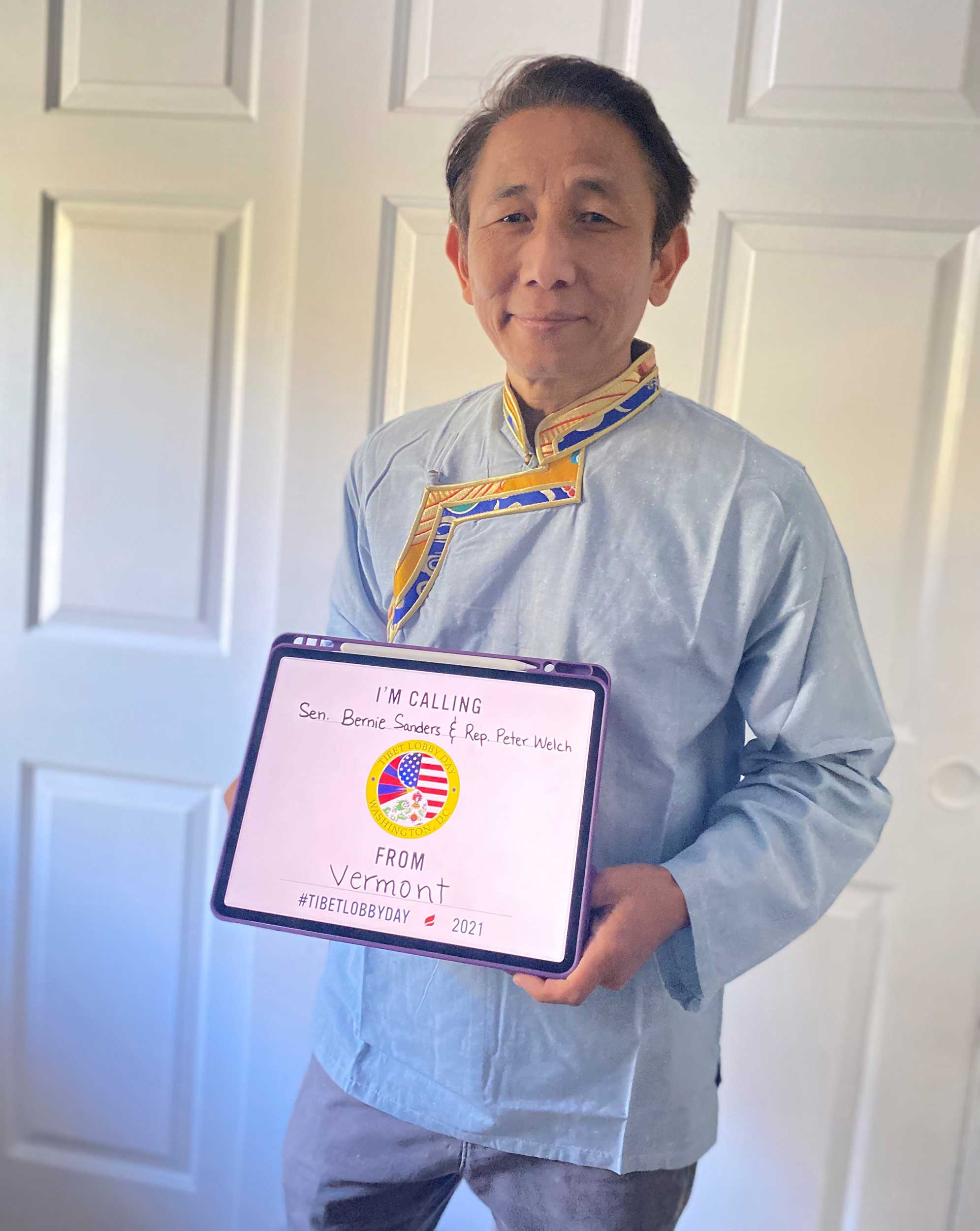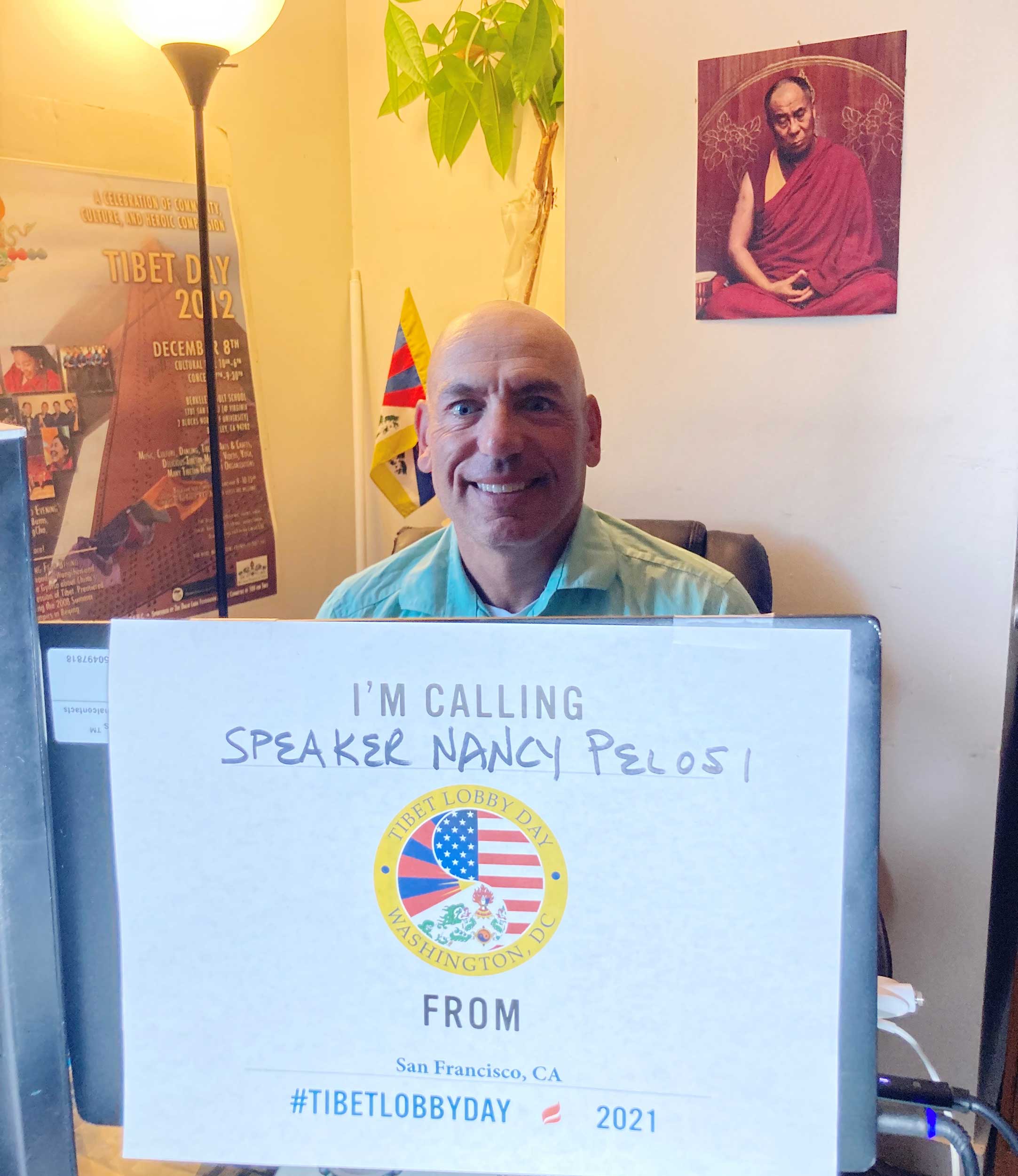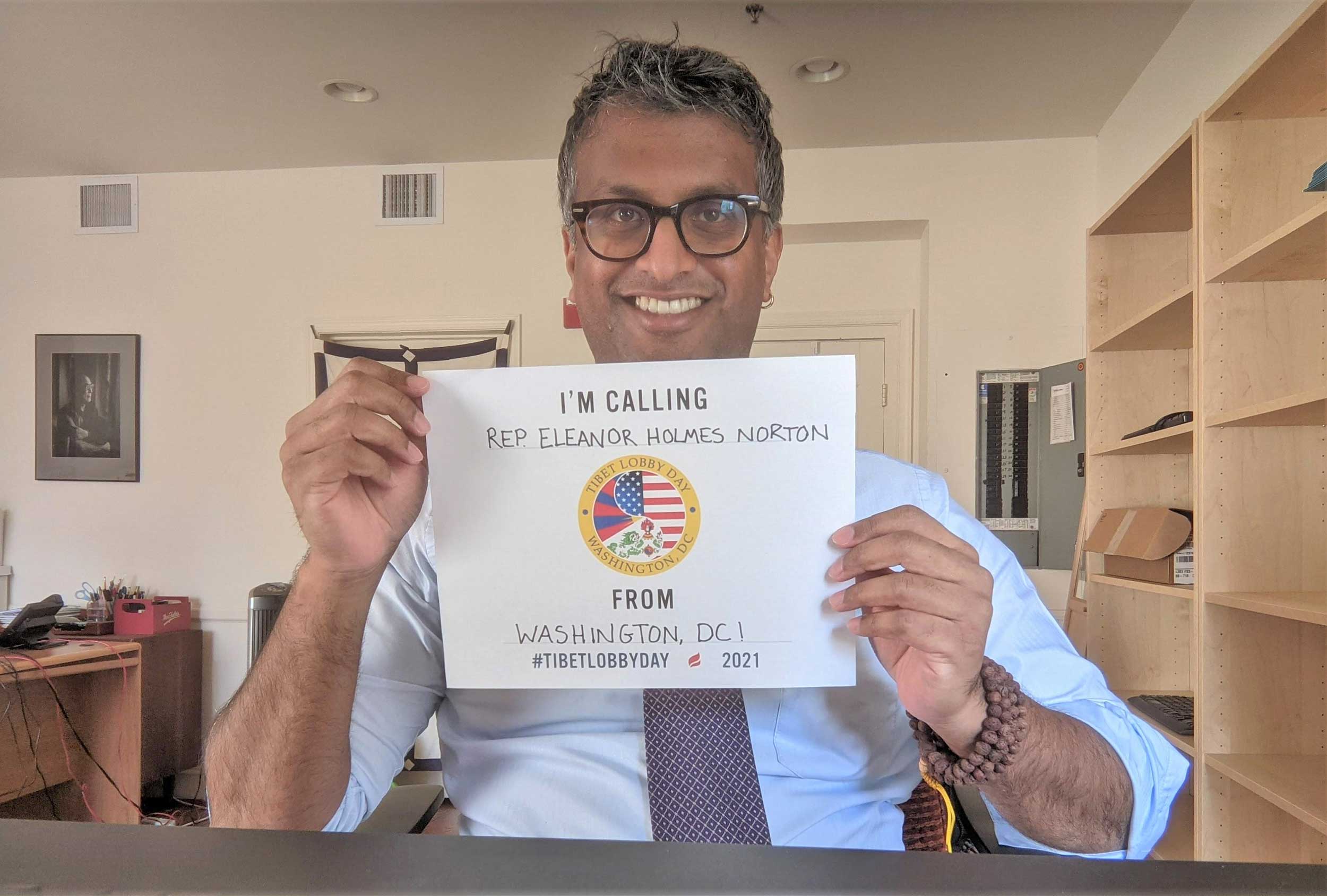Tibet Lobby Day 2021 was a cross-country event this week, as participants all over the United States met virtually with their Congressional offices to build crucial support for Tibet.
Tibetan Americans and other supporters of Tibet from more than 20 states took part in the Lobby Day on Sept. 28 and 29, holding more than 75 meetings with members of Congress or their staff.
The participants updated Congressional leaders on the situation in Tibet—which is now tied with Syria as the least-free country on Earth, thanks to the Chinese government’s decades-long occupation—and urged them to take action to help the Tibetan people.
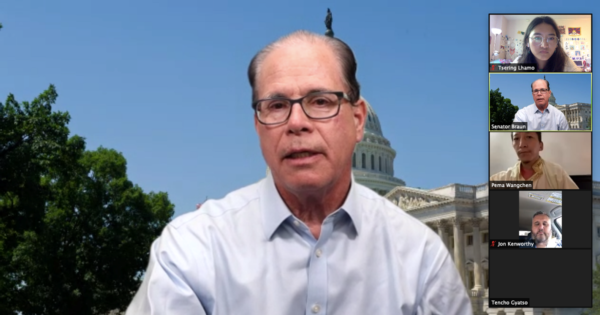
Sen. Mike Braun, R-Ind., meets virtually with Tibet Lobby Day 2021 participants
“We are delighted by the success of this year’s Tibet Lobby Day,” said Tencho Gyatso, interim vice president of the International Campaign for Tibet, which organized the event.
“Tibet has long received tremendous, bipartisan support from the US Congress, and at this critical time of rising human rights violations, environmental challenges and global competition from China, it’s vital to keep that support going strong. We thank all of the Congress members and staff who met with the participants, as well as all of the Tibet Lobby Day participants who made this an impactful and important event.”
Gyatso added that as part of Lobby Day, ICT members also sent more than 4,100 petitions to Congress, encouraging increased US support for Tibet.
What a #TibetLobbyDay it's been! Our thanks to ALL of you who volunteered your time, meet with your elected officials and increased Congressional support for #Tibet! We'll be back with a full recap soon, and we can't wait to see you all again next year ✌️ pic.twitter.com/L6dL2Jxggl
— International Campaign for Tibet (@SaveTibetOrg) September 29, 2021
Letter to the administration
During the Lobby Day, participants had one main request for members of Congress: to join a letter addressed to the new special coordinator for Tibetan issues in the State Department, laying out actions the Biden administration should take on Tibet. The letter has both a House version from Jim McGovern, D-Mass., and Chris Smith, R-NJ, and a Senate version from Marco Rubio, R-Fla., and Patrick Leahy, D-Vt.
The letter is being prepared in advance of the Biden administration’s appointment of a special coordinator. The bipartisan letter lists several priorities for the future holder of that office, including to:
- Engage with the Dalai Lama—the spiritual leader of Tibetan Buddhism and one of the people Americans most admire—as well as with the Central Tibetan Administration, which provides democratic governance for Tibetans in exile
- Support the preservation of Tibet’s language and culture, which China’s policies are trying to eradicate
- Advocate for Tibetan refugees in Nepal who are struggling with a lack of legal status and rights; and for Tibetan political prisoners who are facing horrific torture and abuse in China’s prisons
- Update language on Tibet’s status in State Department reports by excluding historically inaccurate language about Tibet being part of China
- Push China to renew dialogue with Tibetan representatives and work in multilateral coordination with other countries to support Tibet.
The letter also references the need to implement fully two recent laws on Tibet: the Reciprocal Access to Tibet Act of 2018 and the Tibetan Policy and Support Act of 2020.
RATA pressures China to allow US journalists, diplomats and ordinary citizens to visit Tibet, which China largely keeps blocked off to the outside world.
The TPSA dramatically upgrades US support for Tibetans, including by making it official US policy that only the Dalai Lama and the Tibetan Buddhist community can decide on his succession—and imposing sanctions on any Chinese officials who try to interfere in that process.
Participants and photos
Many of the participants in the Lobby Day belong to Tibetan associations across the United States from California, Colorado, Georgia, Illinois, Indiana, Massachusetts, Minnesota, New York, New Jersey, Pennsylvania, Rhode Island, Utah, Virginia, Vermont, Washington and Wisconsin.
As they met with their senators’ and representatives’ offices, the participants shared photos online to help spread the message.


